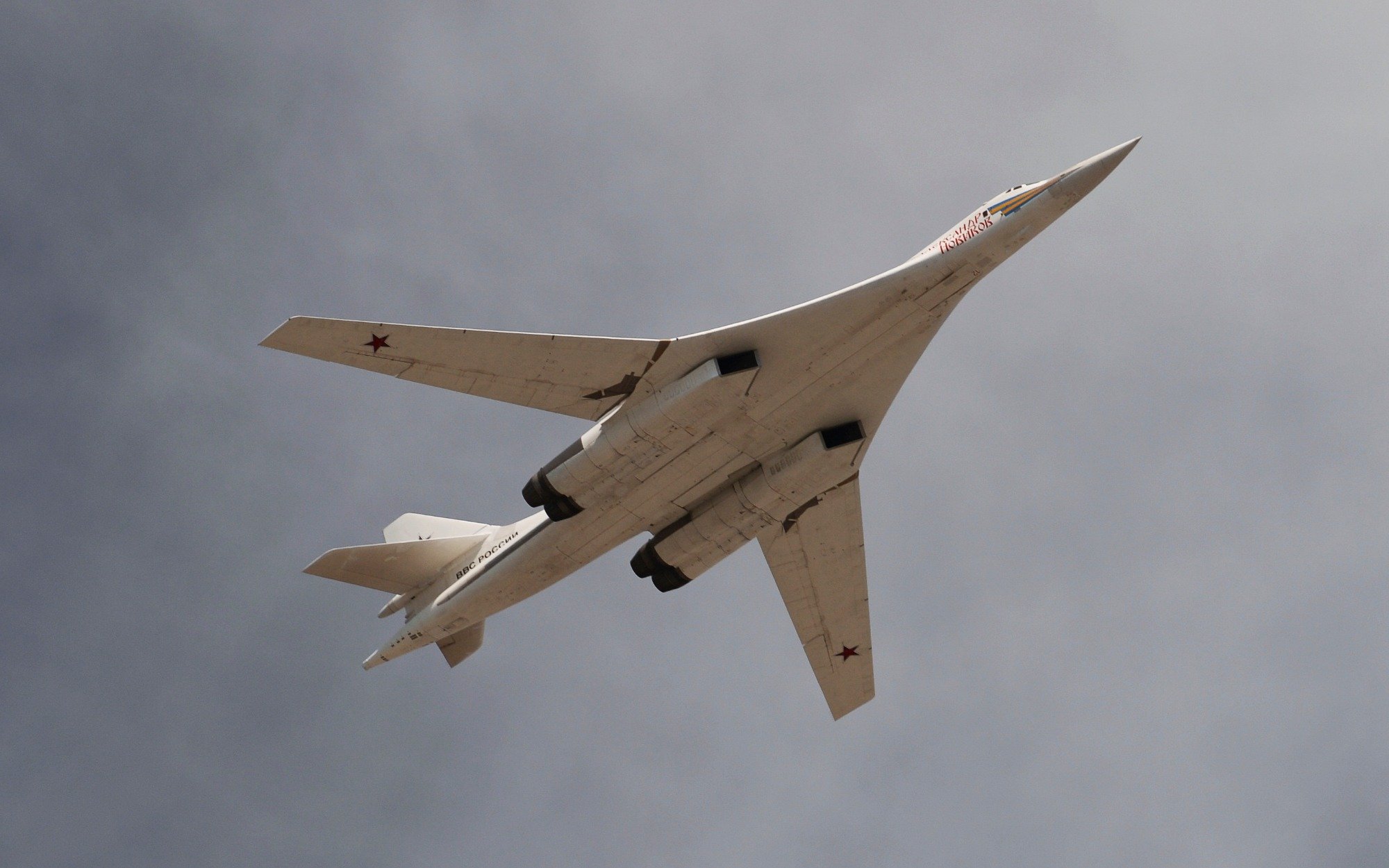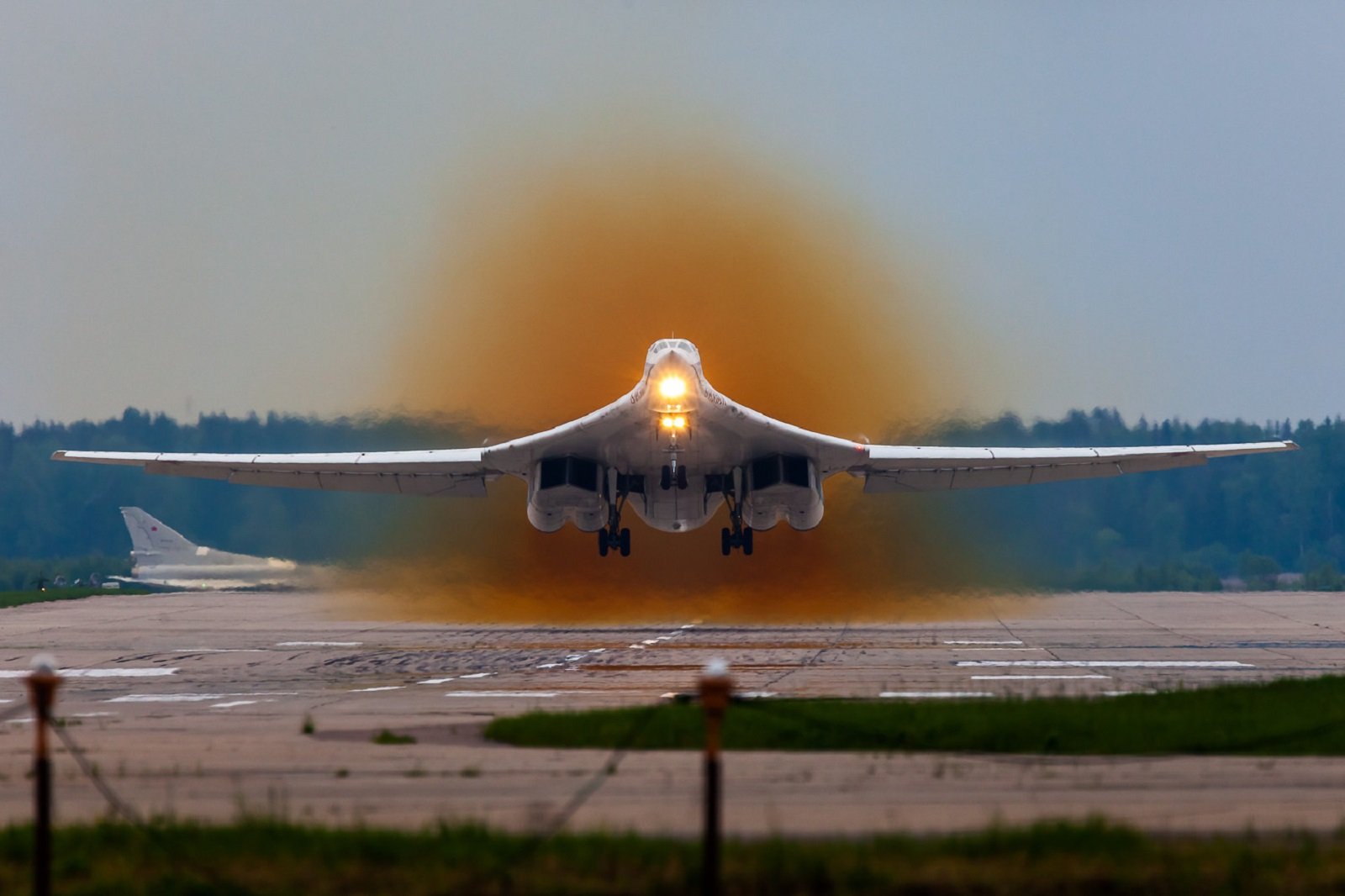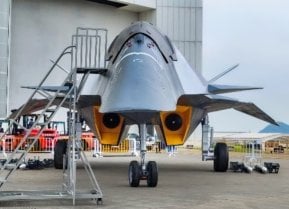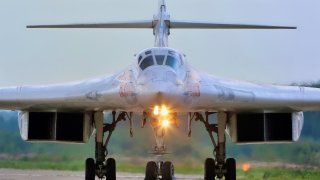NATO's ATACMS Nightmare: Would Russia Test a Tactical Nuclear Weapon?
Russia’s modification of its nuclear doctrine to potentially include conventional attacks on Russian soil as justification for a nuclear response has raised global concerns. Amid escalating tensions, Russia recently tested the Oreshnik missile, capable of delivering a nuclear payload.
What You Need to Know: Russia’s modification of its nuclear doctrine to potentially include conventional attacks on Russian soil as justification for a nuclear response has raised global concerns. Amid escalating tensions, Russia recently tested the Oreshnik missile, capable of delivering a nuclear payload.

-While Putin has not conducted a nuclear test during his tenure, the ongoing conflict with Ukraine and worsening relations with the West have heightened the possibility.
-A nuclear weapons test, while unlikely, would signal a dramatic escalation and could further isolate Russia internationally. Ukraine’s attacks with Western-supplied missiles, like ATACMS and Storm Shadows, are seen as a trigger for Russia’s response.
Will Russia Cross the Line with a Tactical Nuclear Test?
Russia has modified their nuclear doctrine, lowering the threshold for unleashing a nuclear attack to include conventional weapons strikes on targets within Russian soil.
The threshold-lowering seems to come in direct response to Ukraine’s use of American-supplied ATACMS, and UK-supplied Storm Shadow, missiles against targets in Russia. As Ukrainian conventional attacks against Russian-based targets continue, the world is left to wonder how Russia will respond. One response being pondered: the testing of a tactical nuclear device.
Would Putin test a tactical nuke?
Were Putin to test a nuclear weapon it would mark an escalation in the ongoing conflict and would likely serve to further alienate Russia from the international community. The upside, from Russia’s perspective, would possibly be the enhancement of Ukraine’s respect for Russia and her nuclear capabilities, which would possibly inspire Ukraine to stop unleashing conventional weapons attacks against Russian-based targets.
But remember, Russia/Soviet Union has not conducted a nuclear weapon test since 1990. That’s 34 years without a single test. Not once in Putin’s generation in power has he ever conducted a single nuclear test. So, a nuclear test would mark a significant departure from the status quo – and a departure from the moratorium on nuclear testing that the Soviet Union proposed and the US and UK accepted (see Comprehensive Nuclear Test Ban Treaty).
Granted, relations between Russia and the West are worse now than at any point since the 1980s. And granted, Russia has found itself embroiled in a conflict more entrenched and inflammatory than any since the Invasion of Afghanistan, meaning more drastic measures, i.e., a nuclear weapons test, could be plausible. But still, safe money still says a nuclear weapons test would fall beyond the pale.

Concerning Behavior
Russia has been engaging in some concerning behavior, specifically a recent test of an experimental intermediate-range ballistic missile – the sort of the platform that could be used to deliver a nuclear warhead to Ukrainian soil.
Putin said the new missile was called “Oreshnik” and had been fired with a non-nuclear warhead.
“Ukraine’s air force said a ballistic missile hit the central Ukrainian city of Dnipro, saying it was launched from the Astrakha region in southeastern Russia, more than 770 miles away,” NPR reported. The ICBM damaged “an industrial facility, a rehabilitation center for people with disabilities, and residential buildings.”
More importantly, perhaps, the Oreshnik test demonstrates concretely the Russian ability to deliver a nuclear device to the heart of Ukraine.
Zelenskyy, in response to the test, said “this is an obvious and serious increase in the scale and brutality of this war.”
Putin said that “our test use of Oreshnik in real conflict conditions is a response to the aggressive actions by NATO countries towards Russia…we believe that we have the right to use our weapons against military facilities of the countries that allow to use their weapons against our facilities.”
About the Author: Harrison Kass
Harrison Kass is a defense and national security writer with over 1,000 total pieces on issues involving global affairs. An attorney, pilot, guitarist, and minor pro hockey player, Harrison joined the US Air Force as a Pilot Trainee but was medically discharged. Harrison holds a BA from Lake Forest College, a JD from the University of Oregon, and an MA from New York University. Harrison listens to Dokken.
Image Credit: Creative Commons and/or Shutterstock.


